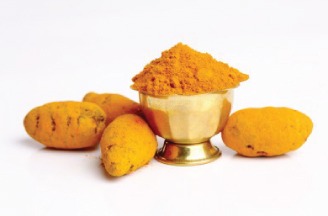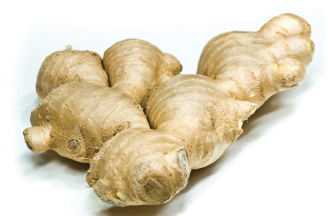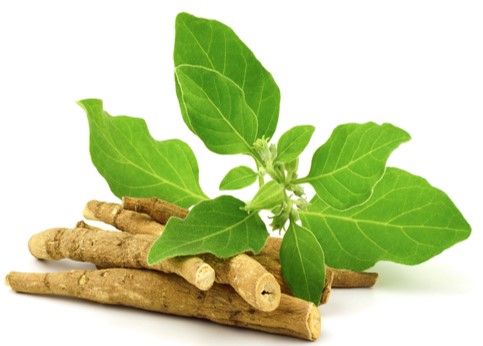7 Incredible Everyday Hacks to Make the Most of Turmeric
Unlock the secrets of a vibrant life with these 7 incredible everyday hacks that will revolutionize the way you approach your daily routine. Embrace the power of a natural and simple ingredient to enhance your well-being and elevate your lifestyle. From easy-to-implement tips to life-changing tricks, discover the hidden potential of this extraordinary element and bring a wave of positive change into your life. Here are some Hacks to Make the Most of Turmeric Along with a vibrant color, Turmeric has remarkable health benefits, and is not just a staple spice in the kitchen; it holds a treasure trove of incredible everyday hacks that can elevate various aspects of your life. Discover how this natural wonder can revolutionize your routine and bring a touch of magic into your daily life. 1. Improve the health of the Tulsi plant Turmeric’s potent antifungal and antibacterial properties can work wonders for your Tulsi plant. To enhance its health, create a simple turmeric spray by mixing a pinch of turmeric in water. Spraying the solution on the plant’s leaves helps ward off pests, preventing damage and promoting robust growth. 2. Soaking Vegetables Protecting yourself from harmful chemicals and pesticides in vegetables is crucial. Turmeric comes to the rescue with its cleansing abilities. Before cooking, soak your veggies in water infused with turmeric to effectively remove toxins and ensure safer consumption. The bonus is the subtle, earthy flavor turmeric imparts, enhancing the taste of your dishes. 3. Turmeric Facemask Embrace a natural and radiant glow with a DIY turmeric facemask. Combining turmeric’s powerful antioxidants and anti-inflammatory properties with yogurt or honey creates a nourishing mask. This blend soothes, rejuvenates, and revitalizes your skin, bidding farewell to dullness and leaving you with a healthy complexion. 4. Use it with Tea Elevate your tea-drinking experience by incorporating turmeric into your favorite brew. The warm, earthy flavors of turmeric harmonize wonderfully with various teas. Not only does it enhance the taste, but turmeric also boosts the antioxidant properties of your tea, contributing to overall well-being. 5. Can be used as a Natural Plaster Harness the antimicrobial and healing properties of turmeric to create a natural plaster. Applying a paste of turmeric and water to minor cuts, bruises, or insect bites aids in healing and prevents infections. Embracing this natural remedy can be a valuable addition to your first-aid toolkit. 6. Cleanse Liver Detoxify and support your liver’s health with the help of turmeric. Curcumin, a key component of turmeric, facilitates toxin removal, reduces inflammation, and promotes optimal liver function. Regular consumption of turmeric water can play a significant role in enhancing liver health. 7. Whiten Teeth Unlock the secret to a brighter smile with turmeric’s natural teeth-whitening powers. Creating a paste using turmeric and coconut oil and gently brushing your teeth helps remove stains and enhances dental health. Embrace this natural and chemical-free way to achieve a dazzling smile. Conclusion In a world where simplicity and natural solutions are increasingly sought after, turmeric stands as a shining example of a golden spice with multifaceted wonders. As we explored the seven incredible everyday hacks, it became evident that turmeric’s magic extends far beyond its culinary allure. So, let us carry the wisdom of these simple yet extraordinary turmeric hacks, savoring each sprinkle and dab, knowing that this unassuming spice can infuse our world with health, joy, and a touch of magic every day.











